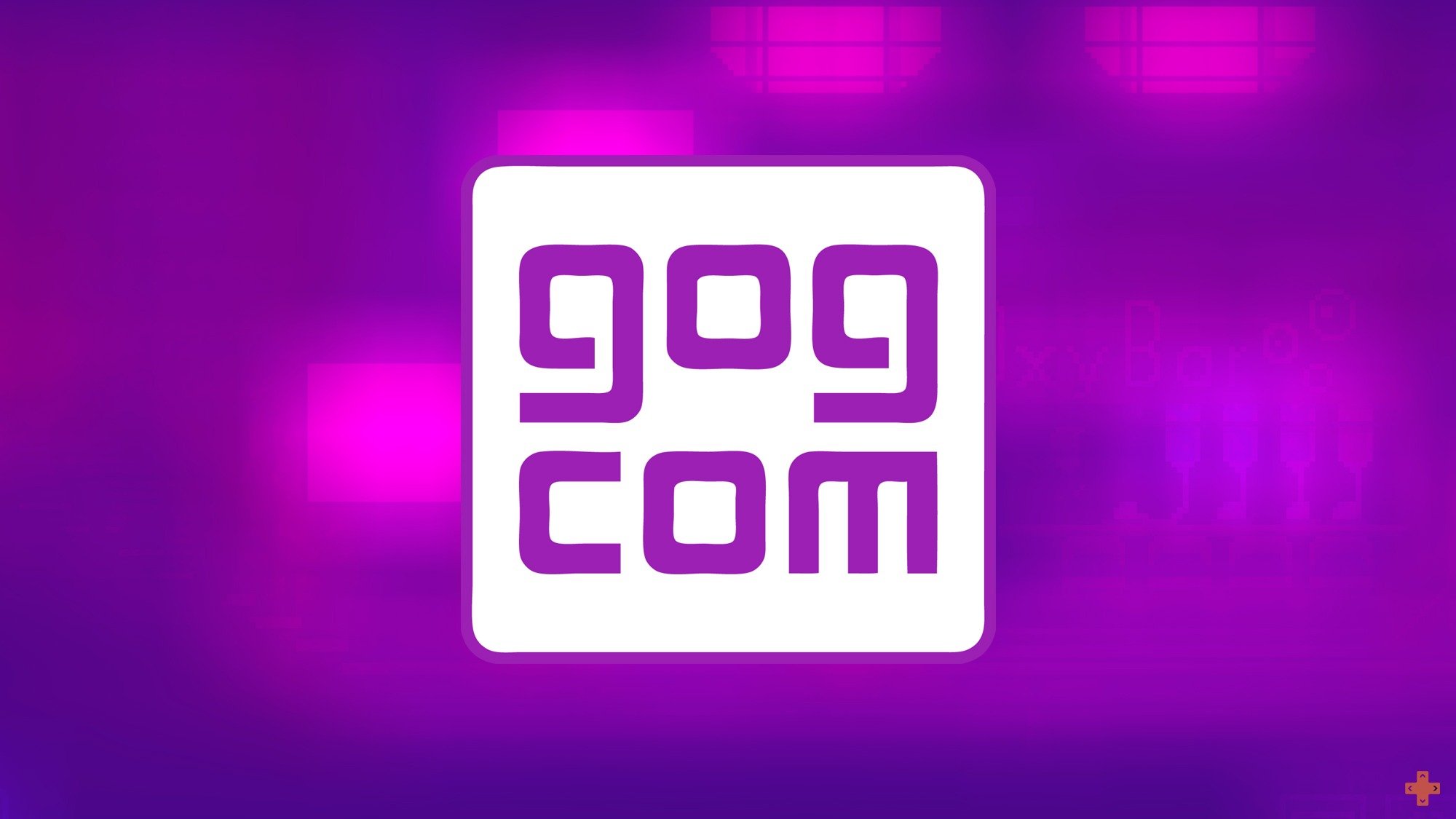news hardware Deepfakes: The European Union orders Facebook, Twitter and Google to go on the offensive
A few years ago we only talked about fake news. Today we are concerned about deepfakes: manipulated videos, more real than life, that make everyone say something and that, once published on the Internet, can spread rumors at high speed, Big V. To combat disinformation, the European intends Union to hold them the internet giants are to blame, starting with Google, Twitter and Facebook, the three platforms most affected by the problem.
What are deepfakes?
Social networks are not good. If they make a significant contribution to information circulating more quickly, They also provide a way for misleading and misleading statements to spread in the wild. Some digital p layers have understood this well and are already taking measures, in particular to allow checking if an image has been retouched.
But a phenomenon even more worrying than image processing is now being singled out by the European Union: These are the deepfakes. These videos use sophisticated artificial intelligence techniques to blend one person’s face with another, or to imitate one person’s facial expressions and gestures.
The result: often very convincing images in which politicians, business leaders, influential officials are staged with statements that they actually never said.
A deepfake of Ukrainian President Volodymyr Zelenskyy urging his soldiers to lay down their arms was reportedly uploaded to a hacked Ukrainian news website today, per @Shayan86 pic.twitter.com/tXLrYECGY4
– Mikael Thalen (@MikaelThalen) March 16, 2022
ces fake videos have great power of virality and disinformation, and they can have serious consequences for democracy and more generally for every citizen’s right to informed and informed information.
New European standards… And sanctions
In this context, The European Commission is preparing to publish an update to its code of practice against disinformation this Thursday 16 Junea document initiated in 2018 to invite press publishers and web actors to engage with the topic.
This new version of the Code follows its adoption earlier in the year of Digital Services Act
“The DSA provides a legal backbone for the code of conduct against disinformation – including strong and dissuasive penalties.”
In fact, this Code does not stop at setting out the measures to be taken to prevent deepfakes and misinformation: most notably, it provides for sanctions for signatory companies that fail to meet these commitments – in the form of a fine that can reach up to 6% of their global turnover.
Enough to encourage the web giants to take more responsibility in this area and be more exemplary in preventing malicious and deceptive content from spreading on their platforms.








